Unless you’ve been in a food coma for the last two weeks, or have been so mesmerized by the constant influx of sales emails coming from every vendor under the sun that you can think of nothing else, you probably know that professional soccer’s World Cup is currently being played in Qatar. And unless you’re one of the relatively few soccer fans in the U.S., you probably don’t care.
I am here to tell you that you should.
Soccer — football, as it is known most everywhere else on the globe — is far and away the most popular sport in the world. It’s not close. Those who study these things estimate that association football has 3.5 BILLION fans worldwide. For the sake of comparison, American football and rugby, as played in Europe, Oceania, and South Africa, have a combined fandom of about 410 MILLION. (The closest sports to soccer are cricket, at 2.5 billion fans, and basketball, at 2.2 billion.)
As popular as association football is around the world, that’s how unpopular it is in the United States, at least as measured in television and in-person viewership. Yes, people, particularly young people, love to play it. But that growing passion has yet to translate into viewership fandom on the levels of American football, basketball, baseball, or even hockey. And there are reasons for this.
Soccer is a game of athleticism, of speed, of power and grace and mind-boggling skill. It is also a game of nuance and subtlety, of creativity and strategy, of patience and scarcity. In most matches, goals come at a premium. Look at the final results from a typical week in England’s Premier League, of which Nancy and I are devoted fans, and you’ll see lots of 1-0, 2-1, 1-1, 0-0 scores. 3-0 is a blowout. 4-2 constitutes an offensive explosion.
Americans tend to like sports with lots of offense and/or lots of violence. It makes sense that American football, which has plenty of both, is our most popular sport. Baseball, once our National Pastime, had too little of either to remain the nation’s favorite. It’s no coincidence that in the last quarter century, baseball was at its most popular during the Steroid Era, when home runs were flying out of stadiums in record numbers.
As it happens, I still love baseball, and I love soccer for many of the same reasons. And here’s why. Every soccer match is like a pitchers’ duel in baseball. A single goal — like a single run — can change everything. Two can put a match beyond reach. The tension is intense and magical, the demand for near perfection is utterly compelling.
Why are goals so rare? It’s not as though the goal itself is small — quite the opposite. A standard goal is 24 feet wide and eight feet high. The pitch (soccer-speak for the field) is longer and wider than an American football field. The playing surface is large enough and the teams small enough (eleven per side) to allow for wide-ranging play. There is plenty of room for offense. So why isn’t there more?
The key to understanding soccer is the offside rule. At it’s simplest, the rule is this: At the time a pass is kicked, the intended receiver of the pass has to have at least one defender (in addition to the goalie) between themselves and the goal. In other words, an offensive player can’t just hang out by the goal waiting for a pass from a teammate. They have to make certain at least one defender is positioned nearer the goal. Until the pass is kicked. As soon as the ball is airborne, they can sprint to the goal. The timing of the player’s run has to be perfect — late enough to remain onside, early enough to beat the defender to the ball.
My description of the offside rule doesn’t do justice to its intricacy and its impact on every element of the game. There are so many permutations of what can be allowed and what can’t — its complexity feeds the drama of each match. The rule needs to be seen in action, again and again, under match conditions, to be understood and appreciated fully.
The other element of the game that I like is the lack of violence. Don’t get me wrong: Soccer matches can be rough. Challenges are physical and occur at speed. But there are penalties — free kicks — for unnecessary or gratuitous contact, and there are sanctions for repeated offenses. A player deemed to have made a dangerous challenge or too many rough plays is given a yellow card. A second yellow card means ejection from the game without replacement. The team will finish the game with only ten players instead of eleven. And a red card, given for excessively rough or reckless play, means automatic ejection, again, without replacement.
Sadly, the best American male athletes tend to go into American football, basketball, or baseball. That’s where the money is professionally, and so that’s where high school and college athletes try to make their reputations. Female athletes don’t have football or baseball as an option, but they do have soccer and basketball (both my daughters played varsity soccer in high school). In those sports, on the women’s side, the U.S. consistently fields the finest national teams in the world.
Maybe soccer isn’t for you. That’s fine, of course. But maybe you haven’t yet given it a chance. As it happens, the finest male players in the world are on display right now in the World Cup. Watch a match or two. Yes, the games might end without much scoring, but I guarantee you’ll be impressed with the level of play, the incredible athleticism (position players run an average of 7-10 miles per game!!), and the passion of those fans lucky enough to attend the games. And perhaps you’ll find yourself drawn to what many refer to as “the beautiful game.”
Have a great week.










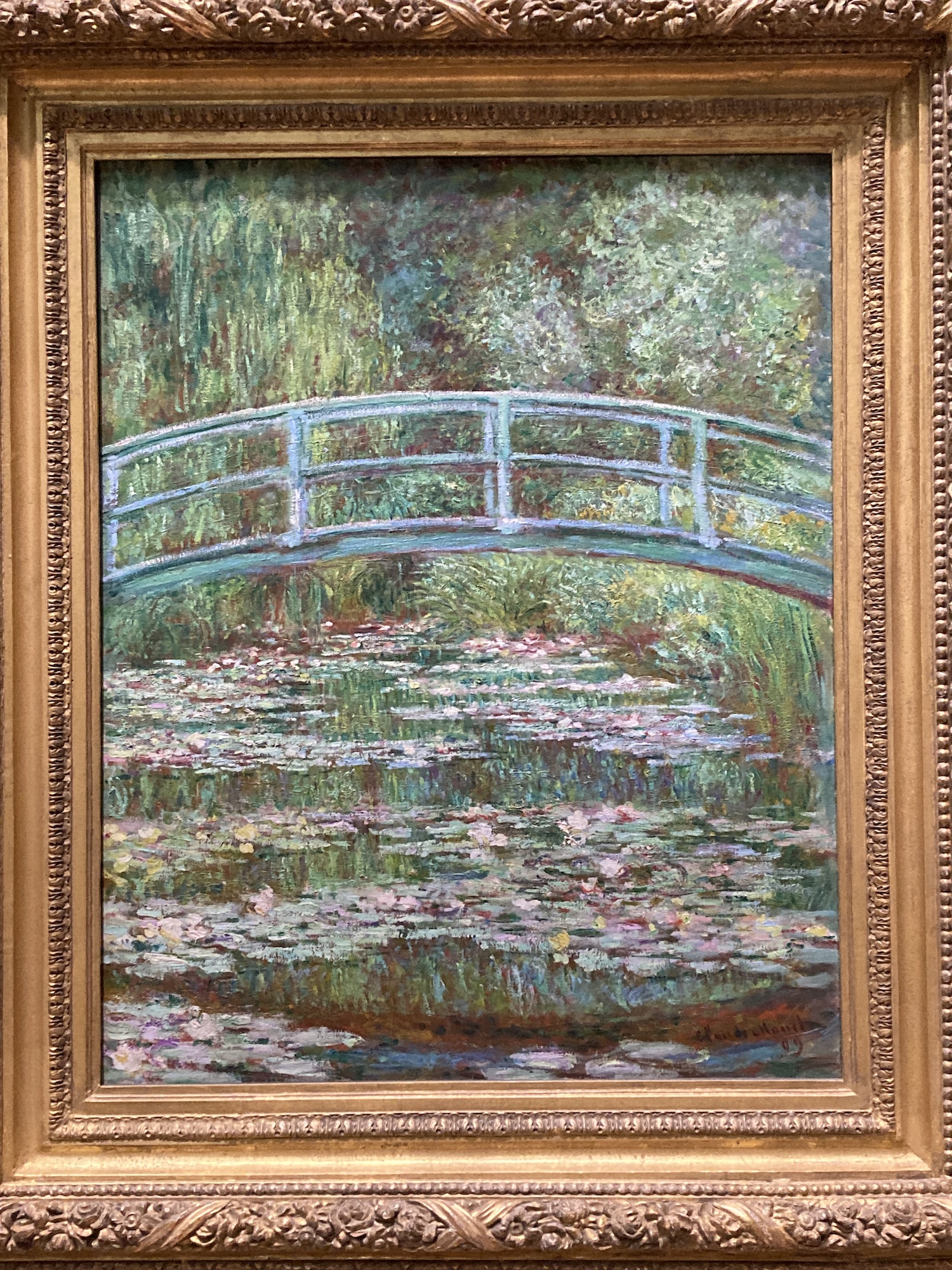
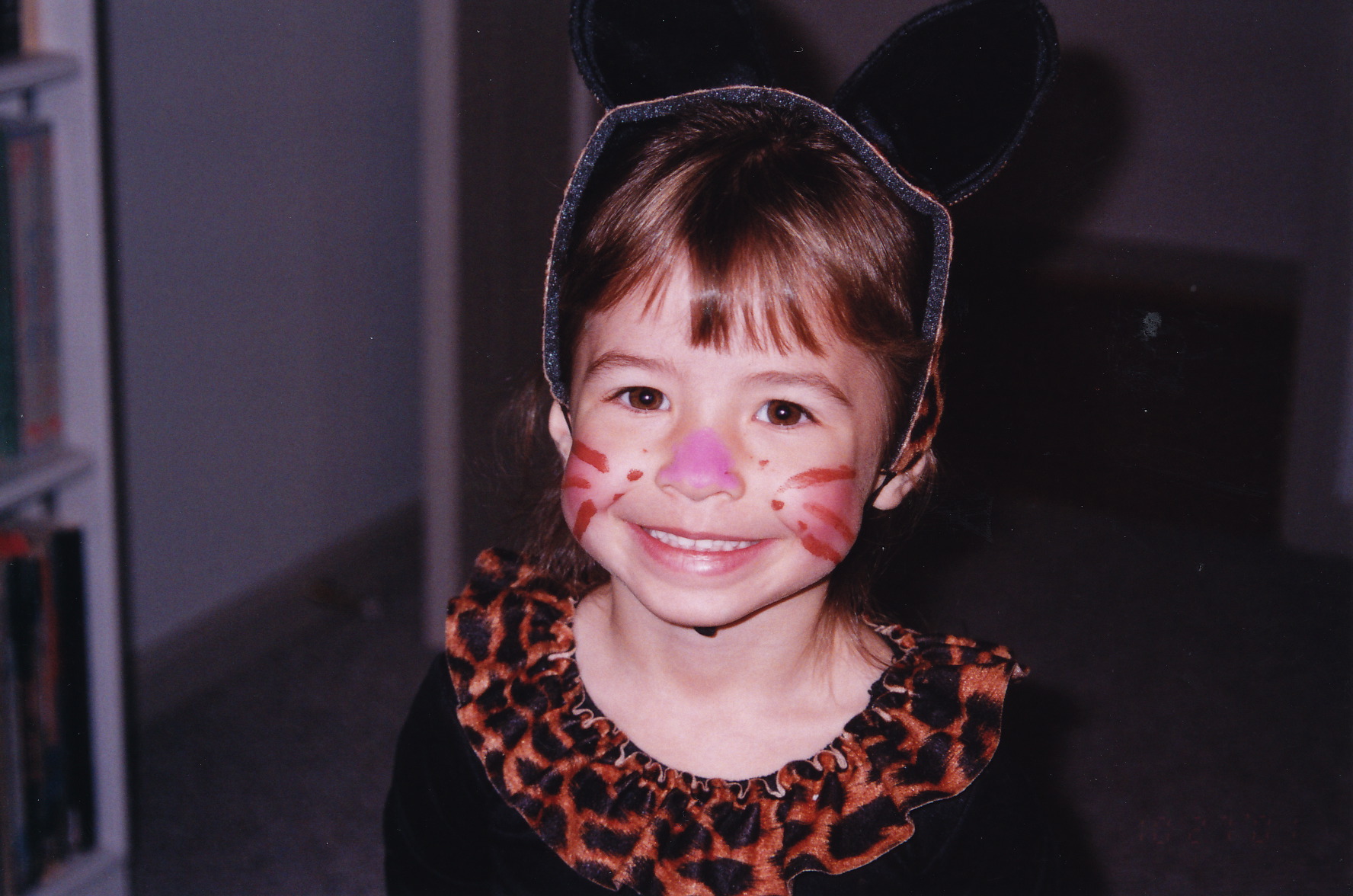 When the girls were little, we used to take them into town, meet up with their friends and their friends’ parents, take a bunch of photos (all of them too cute for words), and then commence the hunt for goodies. We would actually bring a bag or two of candy to supplement what our friends were giving out, so that we wouldn’t be total freeloaders, and while half the parents (sometimes the dads, sometimes the moms) went out walking with the kids, the other half stayed, gave out candy, drank a bit of wine. Those were great evenings. Sadly, I missed out on trick-or-treating as often as I participated. Back then, World Fantasy Convention was held each year on Halloween weekend. If Halloween fell anywhere between a Thursday and a Sunday, chances were I’d be away. Sometimes, if the travel was complicated enough, I missed out on Halloween on other days as well. I considered WFC one of the most important professional events on my calendar — I still do — but looking back, I wish I’d skipped the convention more often than I did. I missed out by not taking my girls door-to-door more than I did.
When the girls were little, we used to take them into town, meet up with their friends and their friends’ parents, take a bunch of photos (all of them too cute for words), and then commence the hunt for goodies. We would actually bring a bag or two of candy to supplement what our friends were giving out, so that we wouldn’t be total freeloaders, and while half the parents (sometimes the dads, sometimes the moms) went out walking with the kids, the other half stayed, gave out candy, drank a bit of wine. Those were great evenings. Sadly, I missed out on trick-or-treating as often as I participated. Back then, World Fantasy Convention was held each year on Halloween weekend. If Halloween fell anywhere between a Thursday and a Sunday, chances were I’d be away. Sometimes, if the travel was complicated enough, I missed out on Halloween on other days as well. I considered WFC one of the most important professional events on my calendar — I still do — but looking back, I wish I’d skipped the convention more often than I did. I missed out by not taking my girls door-to-door more than I did.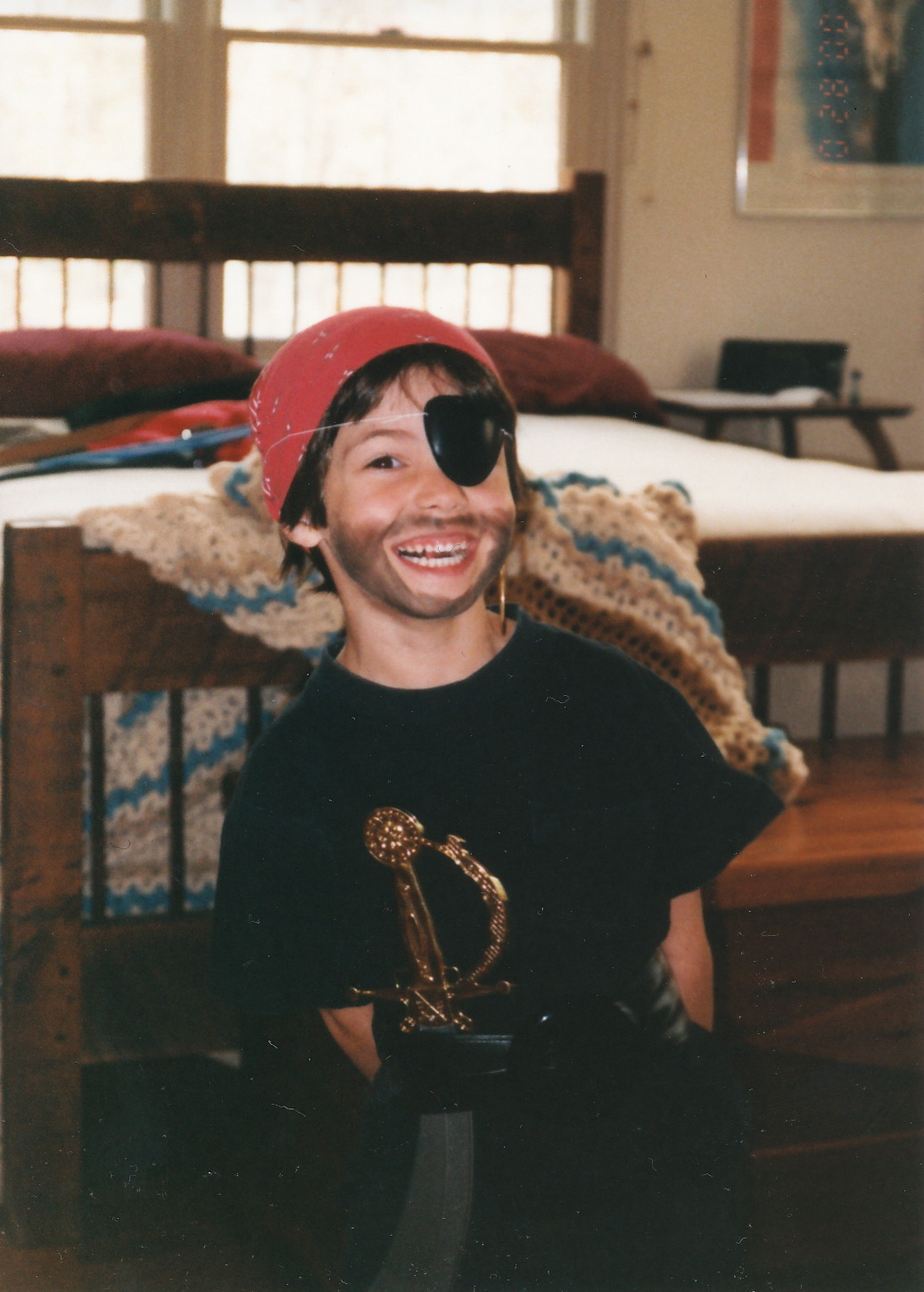
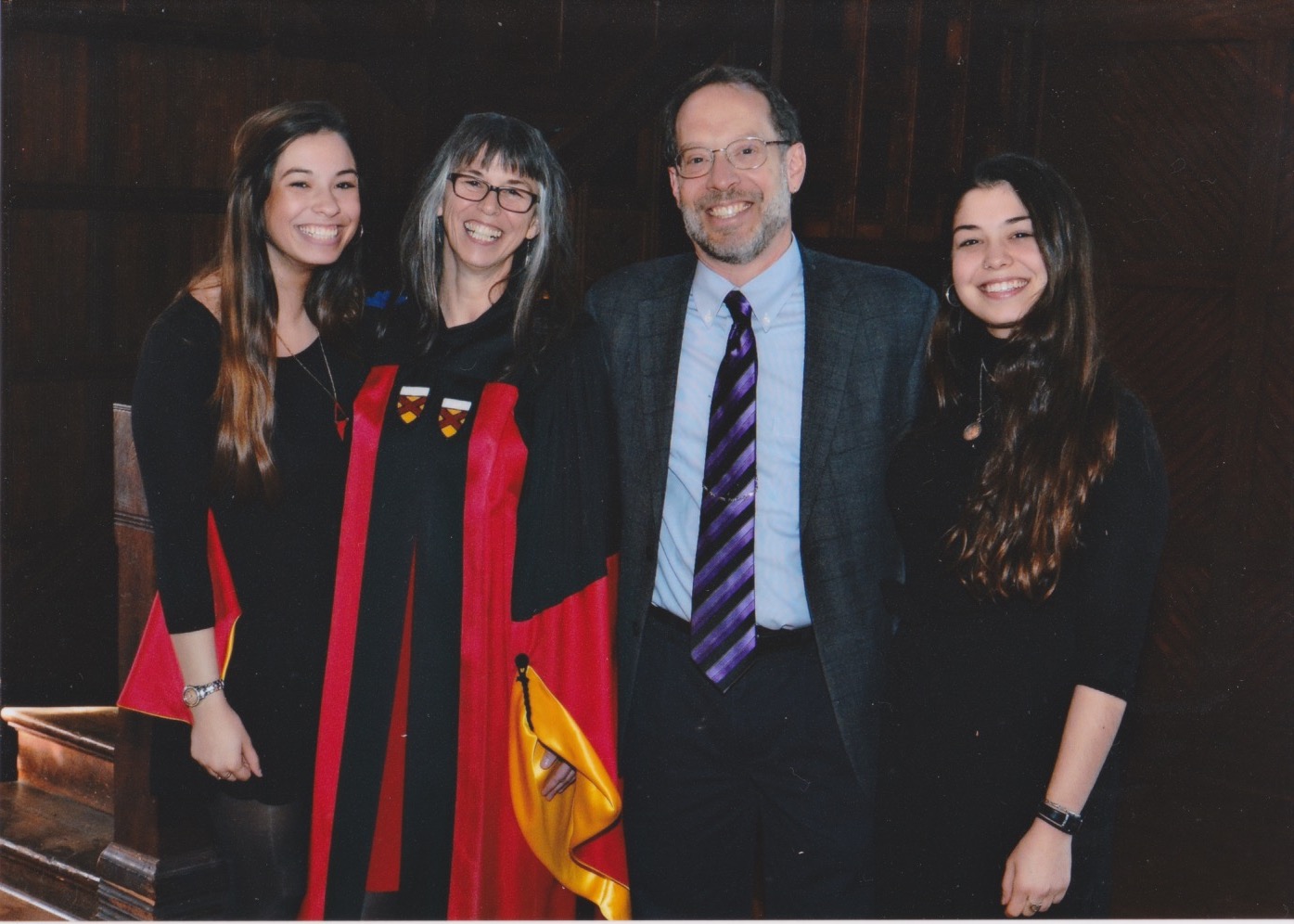 I write about my girls a lot in this blog. Needless to say, I love them tons and tons, and I savor every opportunity to be with them, to talk to them by phone, even to exchange silly texts in the middle of a busy work week. I talked to Alex just the other night — she called out of the blue, which was lovely. No agenda. No big news good or bad. Just a chance to chat. And Erin was home this weekend for a quick visit. She needed a little Mom and Dad Time, and we were all for that. We had a wonderful time with her.
I write about my girls a lot in this blog. Needless to say, I love them tons and tons, and I savor every opportunity to be with them, to talk to them by phone, even to exchange silly texts in the middle of a busy work week. I talked to Alex just the other night — she called out of the blue, which was lovely. No agenda. No big news good or bad. Just a chance to chat. And Erin was home this weekend for a quick visit. She needed a little Mom and Dad Time, and we were all for that. We had a wonderful time with her.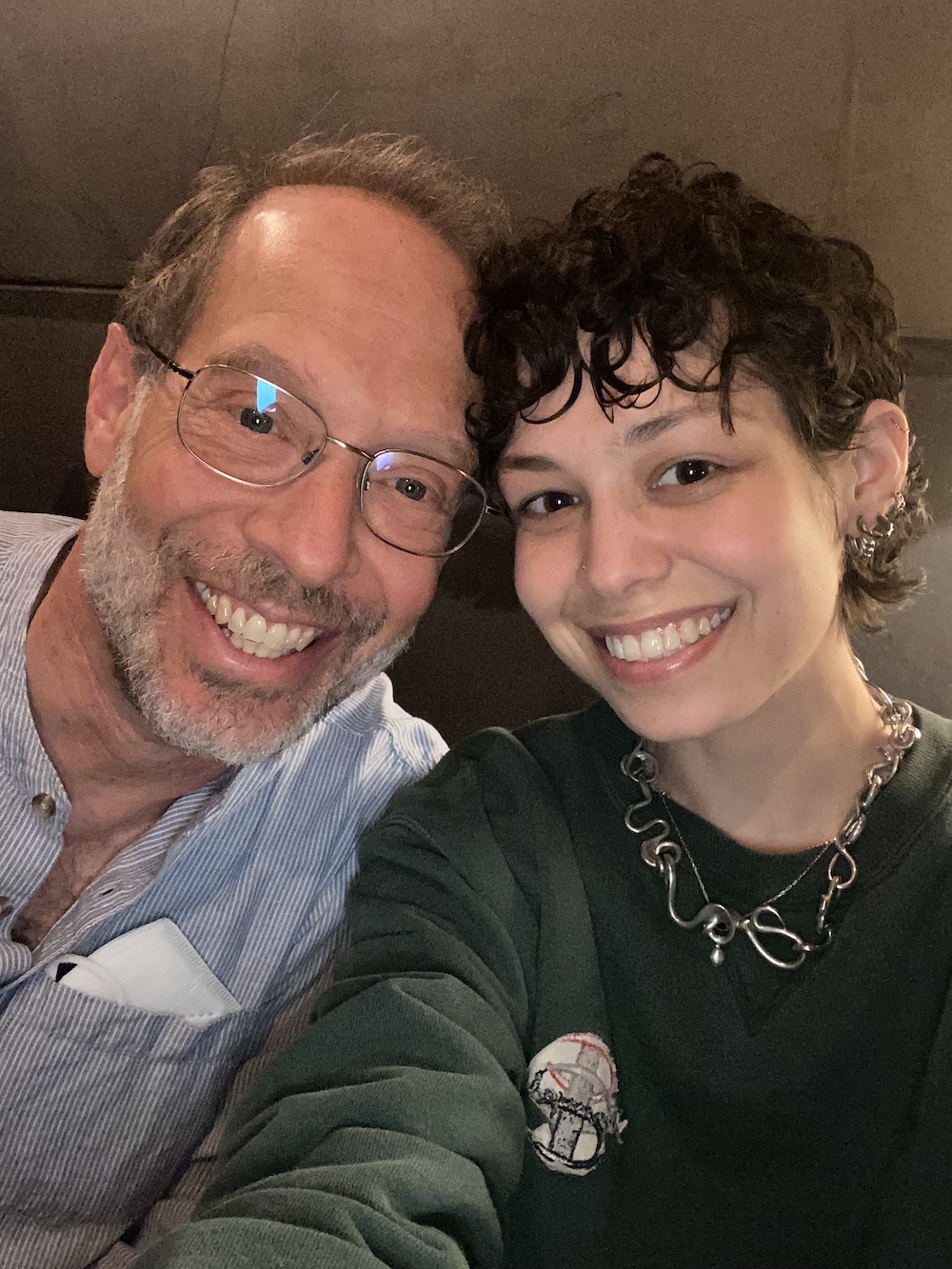 From Virginia Beach, I went to Brooklyn, where I spent two evenings with my older daughter. She looks beautiful, seems great, has a ton of energy, and was her normal, playful, thoughtful, intelligent, insightful, slightly acerbic self. Seeing her, having such amazing time with her, was reassuring to say the least.
From Virginia Beach, I went to Brooklyn, where I spent two evenings with my older daughter. She looks beautiful, seems great, has a ton of energy, and was her normal, playful, thoughtful, intelligent, insightful, slightly acerbic self. Seeing her, having such amazing time with her, was reassuring to say the least.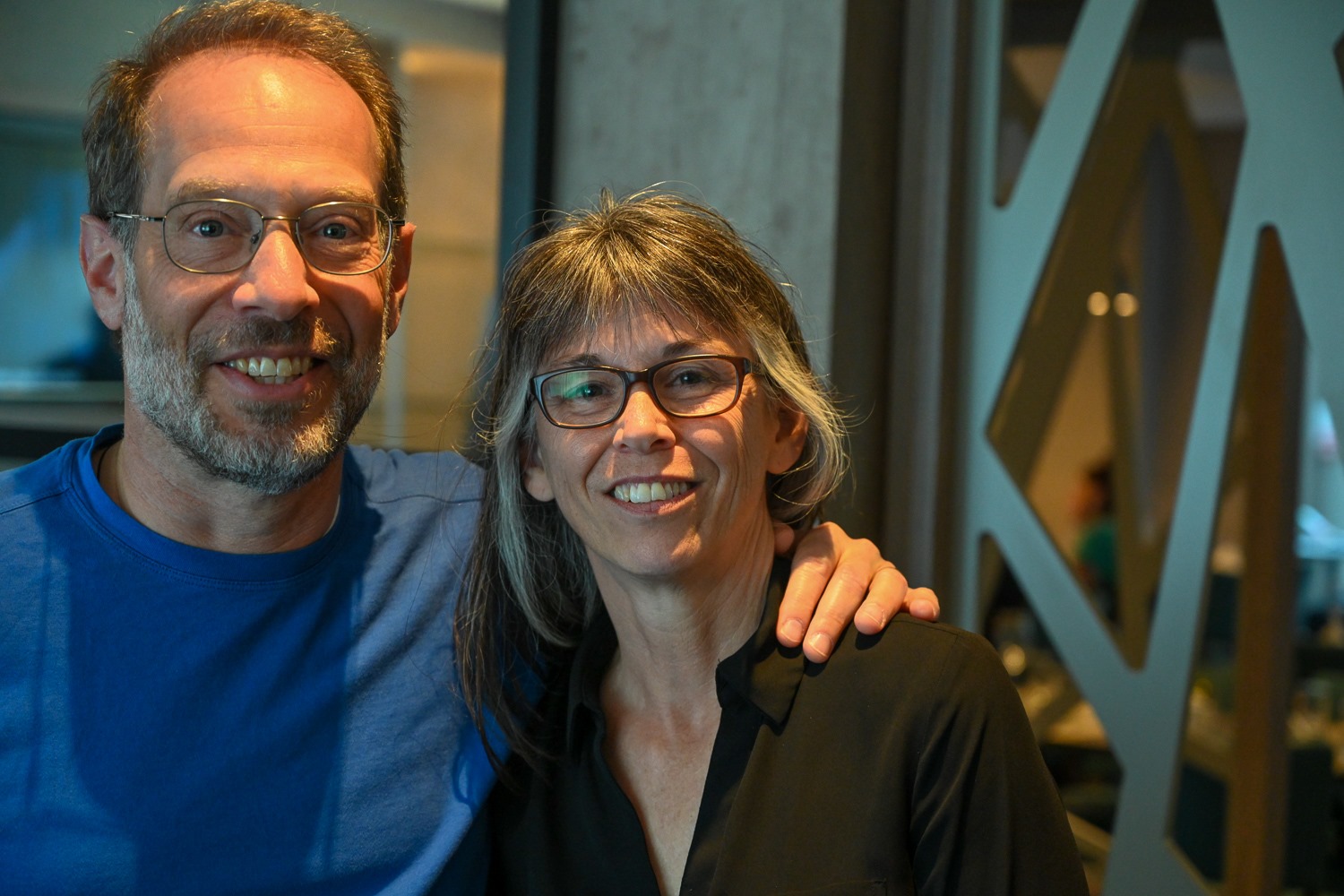
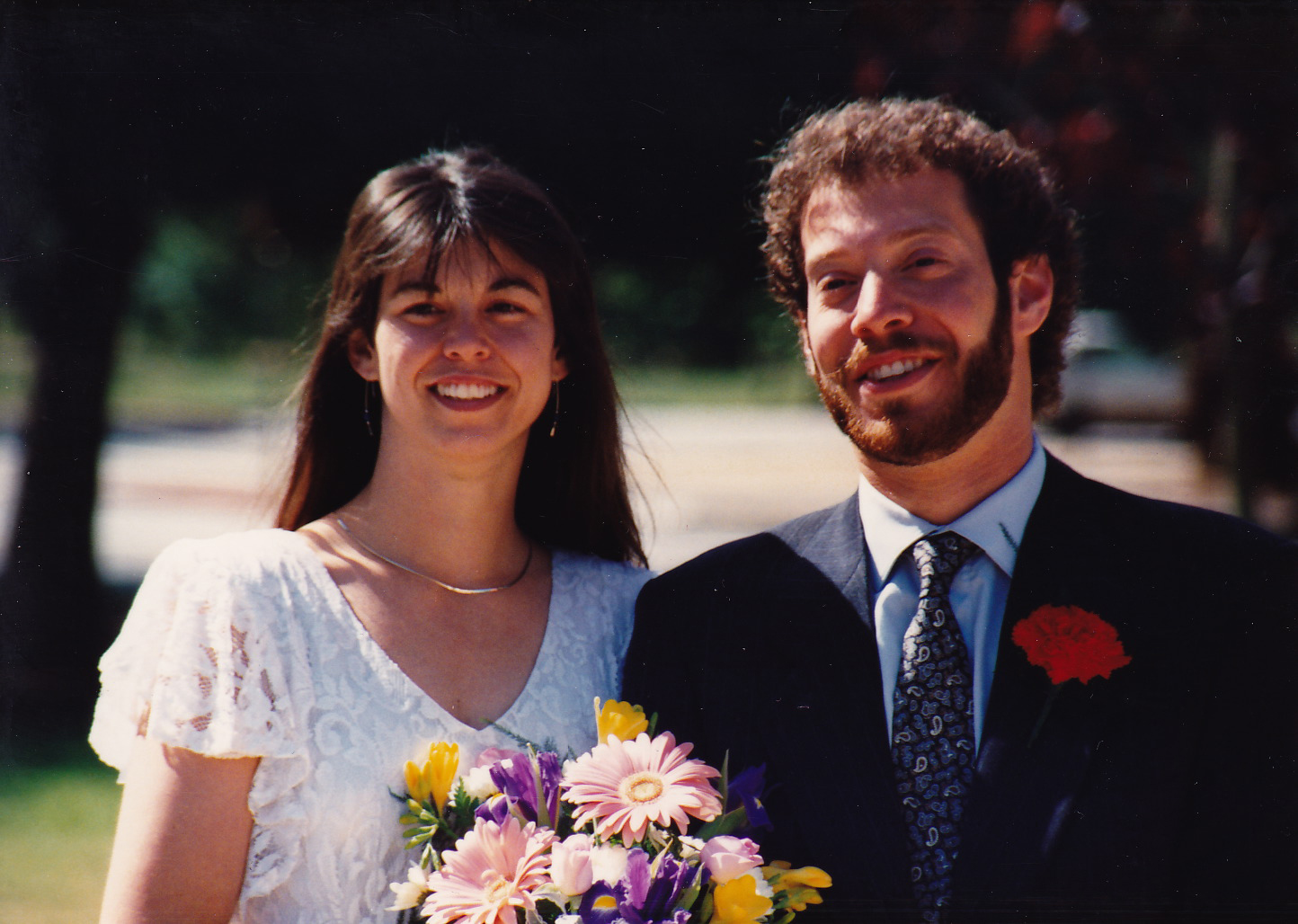
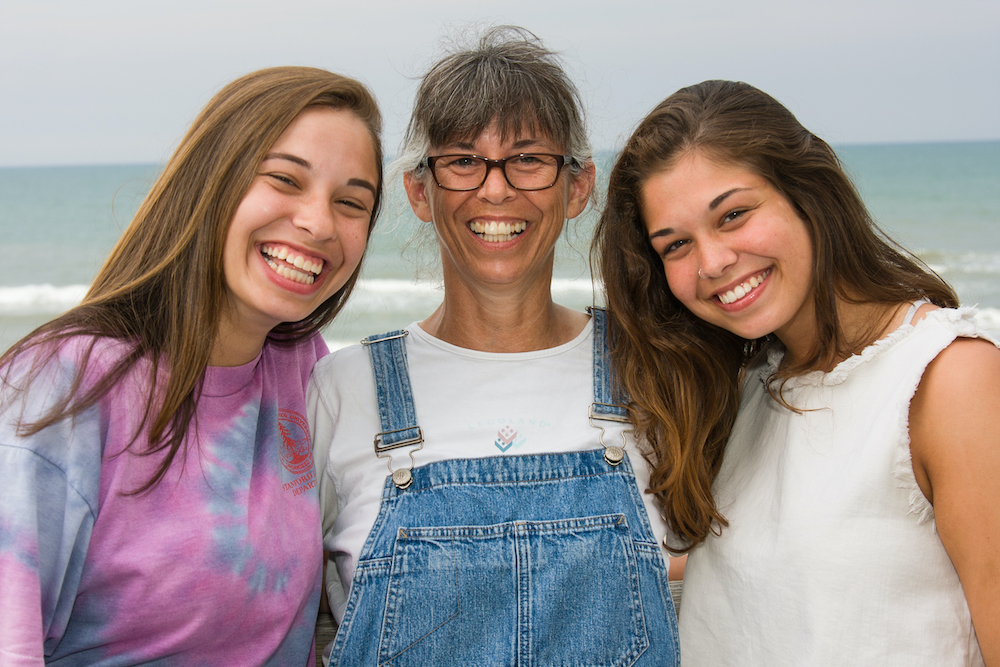
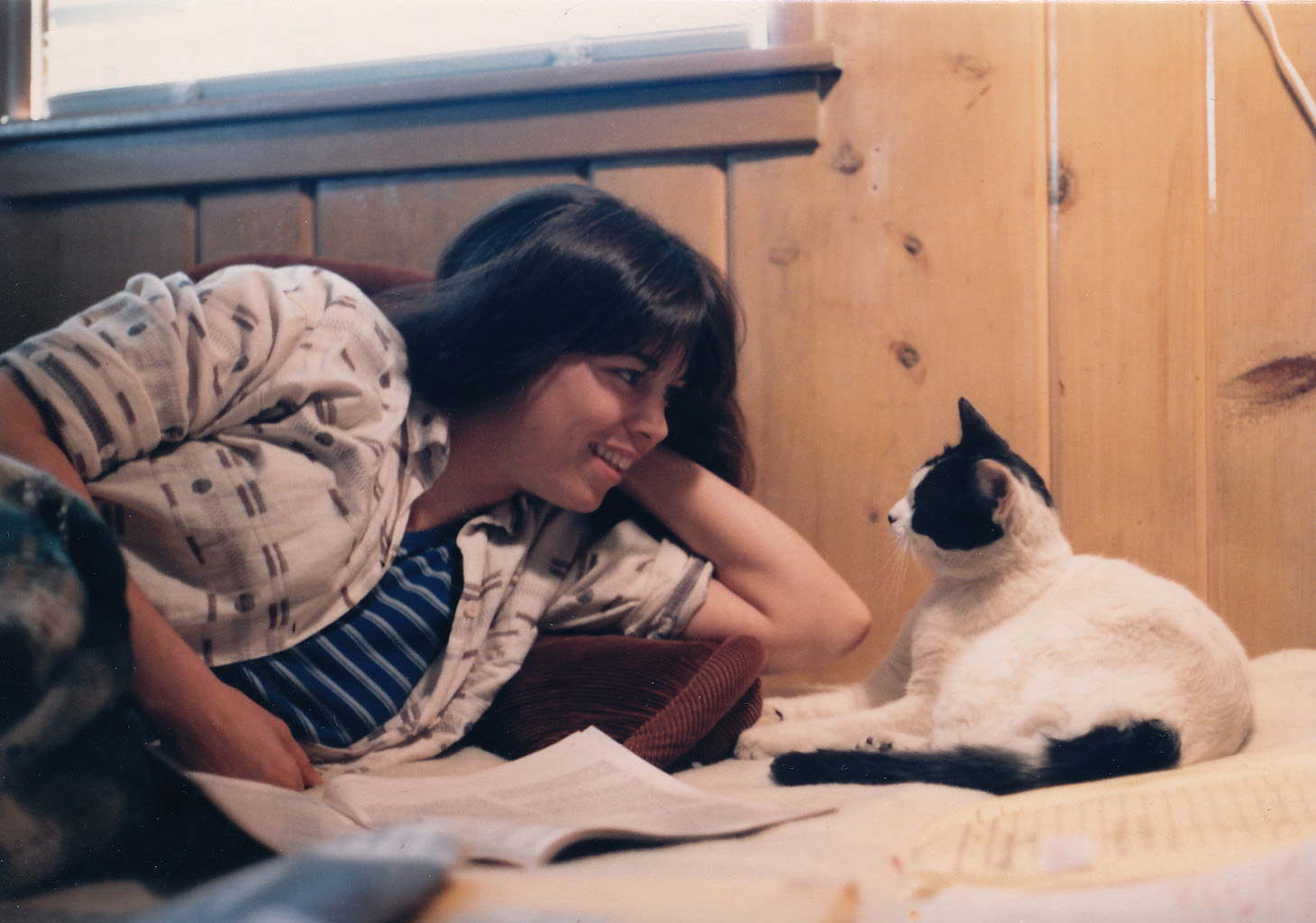
 After running away from social media for six weeks, and ignoring publicity opportunities and the like, I feel a little funny offering any professional advice to anyone on anything. Which, I realize, is entirely wrong-headed.
After running away from social media for six weeks, and ignoring publicity opportunities and the like, I feel a little funny offering any professional advice to anyone on anything. Which, I realize, is entirely wrong-headed. In the end, I hit my deadline. More, the book I wrote that spring, Invasives, the second Radiants novel, turned out better than I ever could have imagined. I love the book, not only because I think it’s good, but because it saved me. It got me through that terrible spring and early summer.
In the end, I hit my deadline. More, the book I wrote that spring, Invasives, the second Radiants novel, turned out better than I ever could have imagined. I love the book, not only because I think it’s good, but because it saved me. It got me through that terrible spring and early summer.